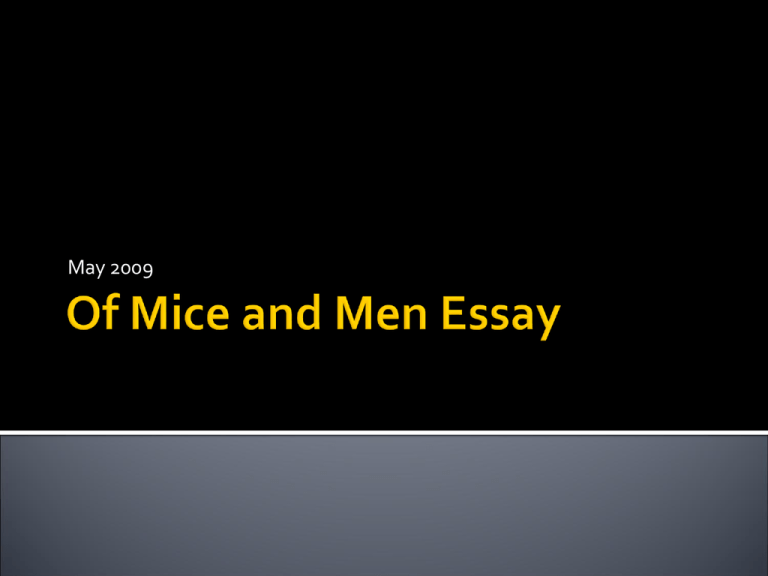Historical Context of the ABC Debate

The ABC debate, a pivotal moment in the history of political discourse, emerged in the late 19th century, marking a significant shift in the way political thought and ideology were understood. This debate, centered around the concepts of “Americanism,” “Britishness,” and “Canadianism,” profoundly impacted the development of Canadian national identity and the country’s relationship with its powerful neighbor, the United States.
Key Figures and Their Positions
The ABC debate involved a diverse group of intellectuals, politicians, and writers who actively engaged in shaping the discourse surrounding Canadian identity.
- Goldwin Smith, a prominent British historian and political theorist, advocated for a closer relationship with the United States, arguing that Canada’s future lay in becoming part of the American republic. Smith believed that Canada’s economic and cultural ties with the United States were too strong to ignore and that assimilation would ultimately be beneficial.
- Sir John A. Macdonald, the first Prime Minister of Canada, championed the concept of “Canadianism,” emphasizing the unique identity of Canada and its distinct political and cultural heritage. Macdonald saw Canada as a nation with a strong British heritage but with the potential to forge its own path.
- Joseph Howe, a prominent Nova Scotian politician, advocated for a strong connection with Britain, believing that Canada’s economic and military security rested on its relationship with the British Empire. Howe was concerned about the potential influence of the United States and argued for a continued reliance on British support.
Major Arguments and Counterarguments
The ABC debate centered on the fundamental question of Canada’s national identity and its relationship with the United States and Britain. The debate was characterized by a complex interplay of arguments and counterarguments, highlighting the competing visions for Canada’s future.
- Pro-Americanism: Supporters of Americanism argued that Canada’s economic and cultural ties with the United States were too strong to ignore and that assimilation would ultimately be beneficial. They believed that Canada would benefit from the larger market and the greater political influence that came with being part of the United States.
- Pro-Britishness: Supporters of Britishness argued that Canada’s security and prosperity were best served by maintaining a strong relationship with the British Empire. They believed that Canada’s military and economic interests were closely aligned with those of Britain and that continued ties with the empire would provide stability and protection.
- Pro-Canadianism: Supporters of Canadianism argued that Canada had a distinct identity and a unique set of values that were worth preserving. They believed that Canada could thrive as an independent nation, forging its own path and maintaining a balance between its ties to Britain and the United States.
Key Issues and Arguments of the ABC Debate

The ABC debate, a complex and multifaceted discussion, revolves around a range of critical issues with significant social, economic, and political implications. This debate has sparked passionate arguments from both proponents and opponents, each presenting compelling perspectives on the potential benefits and drawbacks of the proposed solutions. This section delves into the key issues and arguments at the heart of the ABC debate, examining the strengths and weaknesses of each side’s position.
Impact on Economic Growth
The potential impact of the ABC on economic growth is a central point of contention. Proponents argue that the ABC will stimulate economic growth by fostering innovation, creating new industries, and generating employment opportunities. They cite examples of technological advancements, such as the internet and mobile devices, which have led to significant economic growth and job creation. Opponents, however, contend that the ABC could have negative consequences for economic growth, leading to job displacement, increased inequality, and a decline in traditional industries. They point to the automation of manufacturing and other industries, which has resulted in job losses and a widening gap between skilled and unskilled workers.
Social Implications, Abc debate
The social implications of the ABC are another area of intense debate. Proponents argue that the ABC will improve the quality of life for individuals and communities, leading to increased access to education, healthcare, and other essential services. They cite examples of how technology has enabled greater access to information, communication, and healthcare services, particularly in remote areas. Opponents, however, express concerns about the potential negative social consequences of the ABC, such as increased social isolation, privacy breaches, and a widening digital divide. They highlight the risks of social media addiction, the spread of misinformation, and the vulnerability of individuals to cybercrime.
Political Considerations
The political implications of the ABC are also subject to heated debate. Proponents argue that the ABC will strengthen democratic institutions by empowering citizens and promoting transparency and accountability. They point to the potential of online platforms to facilitate political engagement, citizen participation, and the dissemination of information. Opponents, however, worry that the ABC could undermine democracy by creating echo chambers, facilitating the spread of disinformation, and enabling foreign interference in elections. They highlight the dangers of social media manipulation, the rise of populism, and the erosion of trust in traditional institutions.
Lasting Impact and Legacy of the ABC Debate
/argument-essay-topics-1856987_02-5b3636e3c9e77c00547dc084.png)
The ABC debate, a pivotal moment in [insert historical context], left an indelible mark on public discourse and shaped the political landscape for years to come. Its influence extended beyond the immediate aftermath, impacting policy decisions, social norms, and even the way we think about [insert relevant topic].
Impact on Public Opinion and Policy Decisions
The ABC debate sparked a national conversation on [insert relevant topic]. The arguments presented by both sides resonated with different segments of the population, influencing public opinion and shaping the political agenda. For example, [provide specific examples of how the debate influenced public opinion and policy decisions].
The abc debate has been a hot topic for years, with strong opinions on both sides. It’s a complex issue with many factors to consider, and it’s important to approach it with a nuanced perspective. One thing that might help us understand this debate better is to consider how we navigate physical challenges, like assisting a tray over a chair and table safely.
This seemingly simple task requires careful planning and execution, just like the abc debate. We need to consider all the angles, potential obstacles, and ultimately, find the best way to reach our desired outcome.
The ABC debate on the ongoing conflict in the Middle East brought up the complex history of the region, including the role of the Israel Hamas leader in shaping the current political landscape. Understanding this dynamic is crucial for navigating the multifaceted challenges and potential solutions to the conflict, as discussed during the ABC debate.
